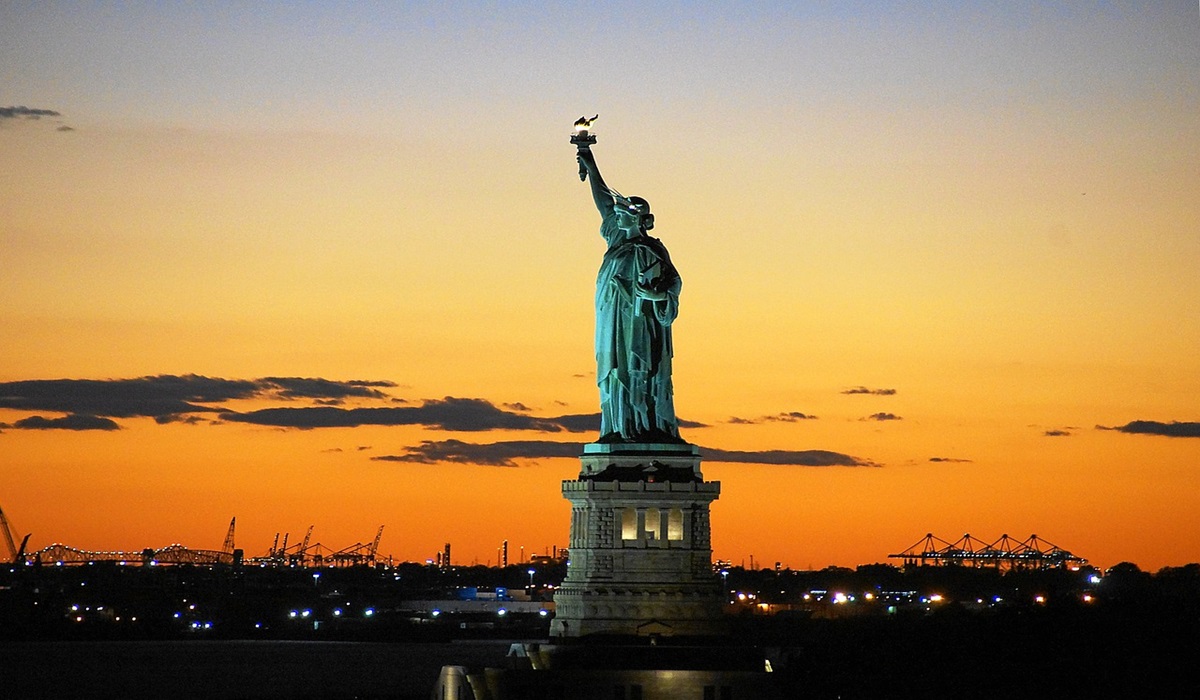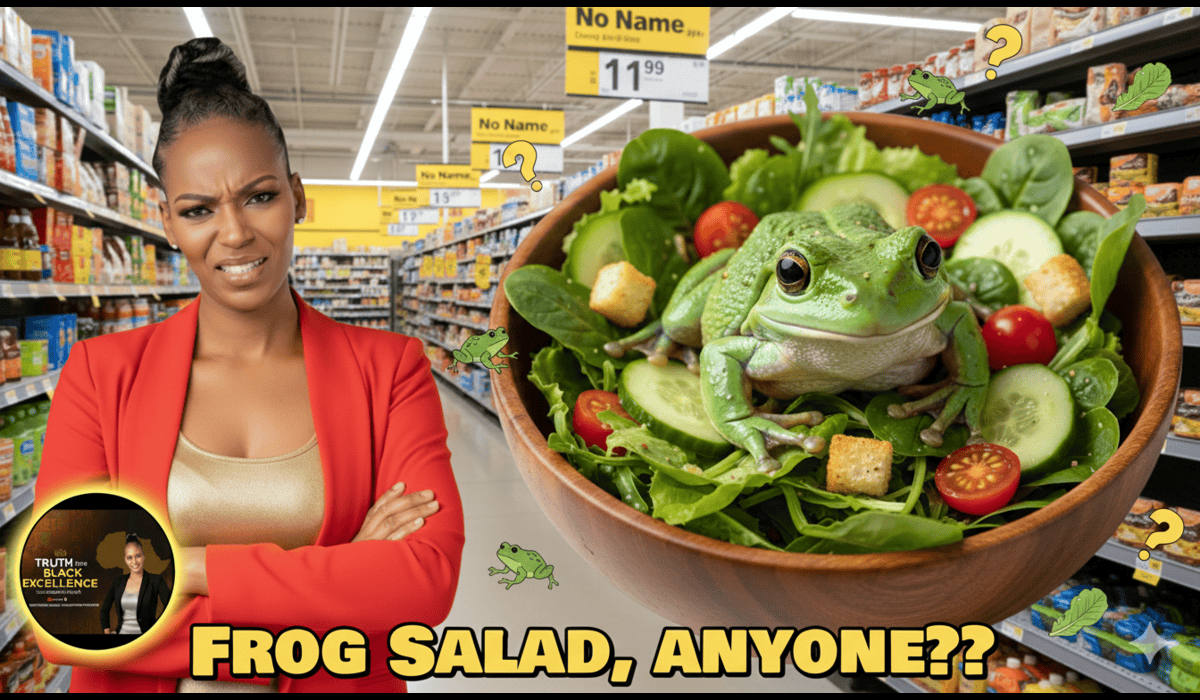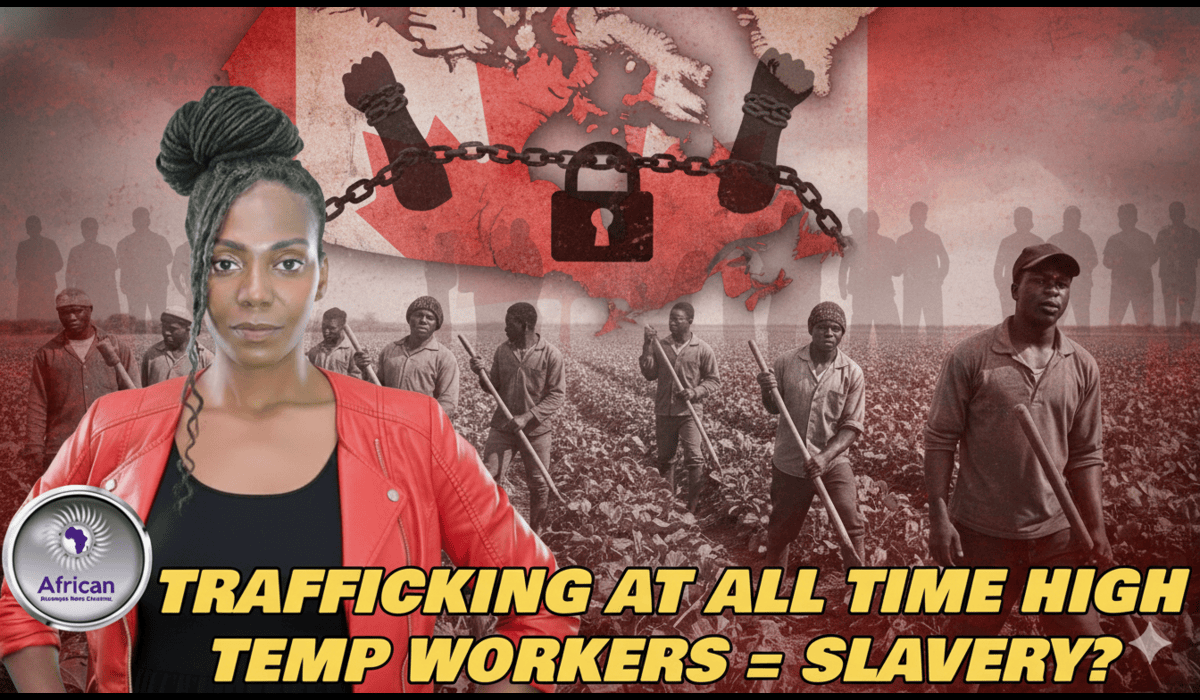Image Credit, Armelion
Most countries covet the American market, driven by insatiable consumerism. No country, however, is entitled to free access to another country’s market; hence, tariffs are akin to the price of admission. Trump increasing the price of admission to the world’s largest consumer market is a protectionist move that anticipates the cost of importing goods into the US will trigger the repatriation of manufacturing jobs that were lost to low-wage overseas labour.
ANALOGY: An amusement park’s admission fee reflects the park’s attractions. An amusement park with fourteen high-octane rollercoasters can charge more than one with just three mediocre rides.
In economics, an admission fee is labelled as a “forcing function” because it significantly influences the number of people who choose to visit an amusement park, a movie, a club, a sporting event, a concert, etc. Because tariffs affect trade dynamics, they act as a forcing function, driving consumers to adjust their buying habits and businesses to modify their strategies. While it’s safe to say a Nobel Prize for Economics isn’t in Trump’s future, it’s incredible how many people don’t understand the forcing function of tariffs Trump is leveraging to stimulate Americans to buy ‘Made in the USA.’
What’s astonishing—though not surprising—is how Canadians, fed by media narratives, scream “act of war” at Trump’s tariffs. Are admission price hikes at amusement parks, sporting events, or movie theatres an act of war?
George Carlin, who turned his critical views of American society and governance into a goldmine of satirical comedy, said: “America is not a country, it’s a company.” If nations want to continue having access to the US market, then they must pay Trump’s new admission price or seek gaining access to other countries’ markets. Worth noting, the US has a long history of setting tariffs dating back over 200 years, when the Act Laying Duties on Imports—legislation that imposes tariffs or import duties on goods brought into the US—was introduced. This act, communicated to the United States House of Representatives on April 23, 1790, by Alexander Hamilton, a Founding Father who served as the first US Secretary of the Treasury, argued that making imports more expensive would encourage—through force of function—American manufacturing.
Despite the unease that Trump’s gunpowder-like presence in the Oval Office evokes, his tariff hikes aren’t assaults; it’s him asserting that nations are free to prioritize their own interests. Countries should respect Trump’s ‘economic patriotism’ rather than resenting and complaining that the country they’ve been dumping their stuff into has raised the cost of entering its market. Trump’s approach, while seemingly simplistic as he’s disregarding the complexities of modern globalization, echoes Hamilton’s strategy. By making imports more expensive, Trump is encouraging companies to manufacture their products in the US to avoid paying high tariffs, thereby potentially reviving American manufacturing and boosting the US economy.
Here’s a truth the global elite conveniently ignore:
In 2024, Americans spent nearly $19 trillion. China? $7 trillion. China, lacking the US’s consumer appetite, presents Xi Jinping, President of the People’s Republic of China, with two options: negotiate a win-win trade deal with the US or risk losing market share to India, Vietnam, and Mexico. With exports to the US totaling $596.2 billion—75.9% of its total exports—Canada is no better off than China, save for its next-door proximity and that Canadians share the American consumer appetite vital for maintaining their 1st-world lifestyle.
For many countries, access to the US market has become an economic necessity, especially for Canada, China, and Mexico. Where will all foreign-made goods (electronics, clothes, disposable items, resources, etc.) go if not to the US?
Top 10 2024 Consumer Spending (trillions in US$):
- United States: $18.8
- China: $7
- Germany: $2.3
- India: $2.2
- United Kingdom: $2.1
- France: $1.6
- Brazil: $1.4
- Italy: $1.3
- Mexico: $1.3
- Canada: $1.2
Trump’s trade war isn’t about tariffs; it’s about resetting the global power dynamic by playing a game of ‘economic chicken’ to improve the terms of trade for the US, which, given it’s the world’s largest consumer market, holds the most desirable cards, which Canada’s newly elected Prime Minister, Mark Carney seems to be very aware of. During his meeting with Trump at the White House on May 6, Carney, presumably with tongue in cheek, called Trump a ‘transformational’ president. ‘Transformational’ can imply whatever you want, depending on which side of the border you’re on. Trump hears it as a compliment that he’s making America great again by enacting significant changes, anchored by the following protectionist narrative:
In the post-war years, specifically the 1950s and 1960s, America was characterized by a smokestack economy. Unionized factory jobs contributed to the creation of a robust middle class, and the US was largely self-sufficient in its production. Then, the US opened itself up to trade and globalization, and as if it wasn’t foreseen that capitalists are in the business of ‘chasing profits,’ things began going downhill for the everyday American. Wages stagnated due to foreign competition, and well-paying manufacturing jobs were shipped overseas. American cities hollowed out, and the US became a nation of winners and losers. The college-educated upper-middle class thrived in their white-collar jobs—now being phased out by artificial intelligence—while middle-class workers were pushed into low-wage service work. Eventually, the rage of the disenfranchised working class boiled over, resulting in the election of Donald Trump, who unapologetically embraces protectionism, not once, but twice, with a “let’s try the Democrat” in between.
In the late 1980s and throughout the 1990s, Americans, as well as Canadians, stood by and watched as manufacturing relocated to distant foreign lands. Why protest if it meant cheaper goods? However, the exodus went too far, eroding a substantial part of the American Dream. Too many Americans began falling through the cracks, leading to a growing sense that America’s manufacturing base needs to be resurrected, and companies need to reconsider their globalist approach for the sake of the US.
Trump often refers to the “many trade imbalances.” Trade imbalances are inevitable due to two economies not being on equal footing, one economic block dominating the other. This is the case with the US’s Gross Domestic Product (GDP), dwarfing Canada’s—$29.18 trillion versus $2.24 trillion. Differences in available disposable incomes, population, regulatory rules, consumer preferences, and spending patterns are natural outcomes of market forces, and therefore acknowledged. Imposing tariffs on all countries as a means of driving capitulation was Trump’s roar, causing many countries to blink and now play defense.
Canada’s first defensive move:
Pointing out how what’s being touted as a “trade war” will adversely affect Americans. The impact of Trump’s tariffs on Americans or the US economy, in the short or long term, isn’t something Canadians should be concerned about. Furthermore, pointing out that Americans will allegedly feel “economic pain” isn’t a compelling argument. Many Americans are sold on the vision that short-term pain is a necessary part of rebuilding the US back to its economic heyday.
Canada’s second defensive move:
Implementing across-the-board retaliatory tariffs, which Canadians will pay at the cash register, including on produce Canada can’t produce, such as fruits and vegetables, especially during the winter months. I would argue, at the risk of oversimplification, that a foreign-origin tax would be more sensible on imported goods produced (manufactured, grown) in Canada (e.g., apples, furniture, candles, wood), thus utilizing taxation as the ultimate “forcing function” to encourage Canadians to buy ‘Made in Canada.’
These defensive moves, along with ‘elbows up’ virtue signalling, aren’t the defensive responses Canada needs right now, which are:
- Stop acting like the sidekick of the USA! Canadians need to stop concerning themselves with what Americans do that they believe is in their best interests and focus on what’s in Canada’s best interests.
- Provincial leaders need to get in sync. Erase all red lines between provinces and speak with one voice in partnership with Mark Carney. Additionally, Doug Ford needs to stop playing the role of Captain Canada.
- Stop pointing at the US. Move on from Trump’s increasing tariffs and look within Canada. Why, as I write this, are interprovincial trade barriers still in place? What is the Canadian government doing to build stronger trade alliances outside the US?
- End the hypocrisy. Tariffs have long been a part of the global economic landscape. Prior to Canada imposing counter-tariffs, which, as I pointed out, Canadians will pay for, in response to Trump, Canada had tariffs on many products imported from the US, mostly food items that can’t be grown in Canada, especially during the winter months. Canada imposes tariffs—which is within its right—on products from Europe, such as pasta, cheese, and automobiles; hence, Canadians must deal with imported items being more expensive than they ever were. I love Pecorino Romano cheese, which in Italy costs around $5 per wedge, and in Canada, around $12. My choice to buy or not.
- Accept that the US-Canada friendship is transactional. Canada and the US are trading partners with distinct self-interests. The US isn’t Canada’s “friend” per se; Canada is the US’s largest customer; hence, because it makes for good business, they’re friendly towards Canada. It’s like when you go to a restaurant, and the server is pleasant and cheerful; they aren’t your friend; they want your money.
It’s Trump doing what he does best, using theatrics to show he’s protecting American interests while sending the message that the US owes nothing to countries that have built economies heavily dependent on exports to the US. It’s time Canada, and the rest of the world, watered their own grass.
______________________________________________________________
Nick Kossovan, a self-described connoisseur of human psychology, writes about what’s
on his mind from Toronto. You can follow Nick on X/Twitter and Instagram
@NKossovan.









